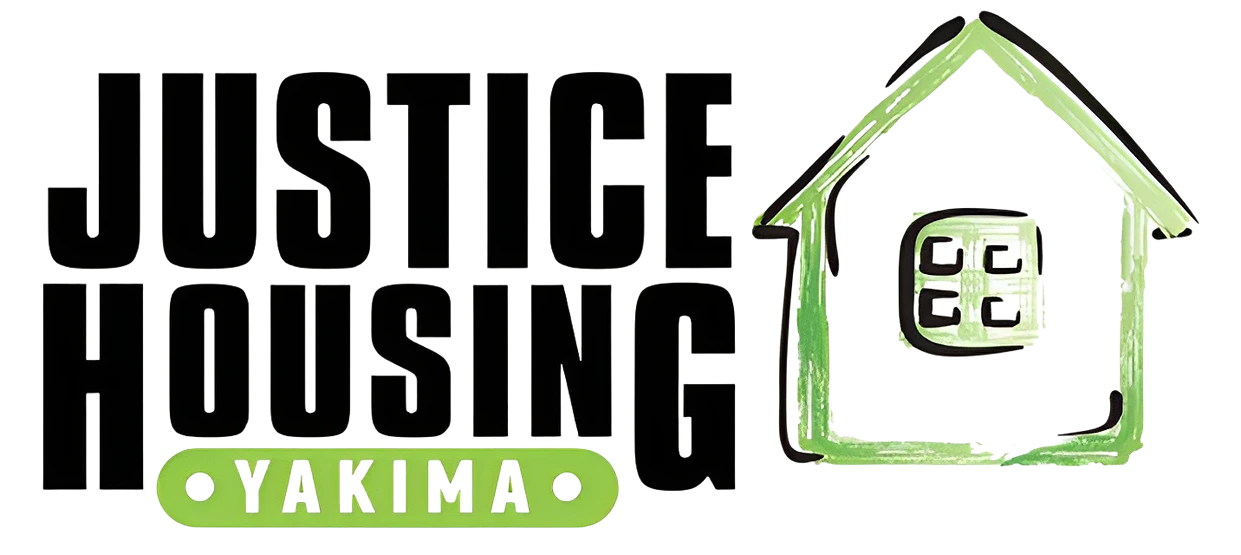Justice Housing Yakima
General FAQs
According to the National Alliance to End Homelessness, March 2021: Permanent supportive housing is an intervention that combines affordable housing with voluntary support services to address the needs of chronically homeless people. The services are designed to build independent living and tenancy skills and connect people with community-based health care, treatment, and employment services.
Investments in permanent supportive housing have helped decrease the number of chronically homeless individuals nationally by eight percent since 2007. In addition to ending homelessness for people who are chronically homeless, research has demonstrated that permanent supportive housing can also increase housing stability and improve health.
A cost-effective solution, permanent supportive housing has been shown to lower public costs associated with the use of crisis services such as shelters, hospitals, jails, and prisons.
People experiencing chronic homelessness typically have complex and long-term health conditions, such as mental illness, substance use disorders, physical disabilities, or other medical conditions. Once they become homeless, regardless of what immediately caused them to lose their housing, it is difficult for them to get back into housing and they can face long or repeated episodes of homelessness.
Cottage Hill Place FAQS
Funding for development came from Washington State Department of Commerce Housing and Trust Fund, Washington State Department of Commerce Apple Health and Homes Capacity Building Grant, Washington State Department of Commerce Connecting Housing to Infrastructure Program, Enterprise Community Partners, Yakima Valley Community Foundation, Apple Valley Kiwanis, Yakima Federal Savings and Loan and many other generous organizations, businesses and individual donors.
No. Cottage Hill Place is well-built, nicely-landscaped, safe, carefully-managed and well-maintained row-style-cottage-housing on a piece of property that was vacant for nearly two decades. It has added aesthetic appeal to the community and increased overall well-being, safety and security in the neighborhood. According to a comprehensive years-long study published in the June 2022 Journal of Housing Economics, Permanent Supportive Housing programs do not lower the value of homes in the neighborhood.
No. Cottage Hill Place is Permanent Supportive Housing. As part of our effort toward encouraging self-sufficiency, responsibility and accountability, Cottage Hill Place residents pay 30 percent of their income toward rent. Residents sign a lease and have the same rights, responsibilities and obligations as other renters. They are offered ongoing case management and wrap-around, supportive services to assist in independent living and prevent a return to homelessness. In addition to signing a lease, residents are also required to follow a Code of Conduct that sets forth rules, outlines guidelines and provides the groundwork for a safe and secure environment.
No. In fact, Permanent Supportive Housing is a less costly model than the criminalization of homelessness or supporting those living in shelters and on the street. According to the National Alliance on Ending Homelessness, once an individual has a permanent home with supportive services, the need for expensive, publicly funded crisis services (i.e., inpatient hospitalizations, jails, emergency departments, etc.) decreases between 50-75%.
Justice Housing Yakima owns Cottage Hill Place. Sunrise Outreach Center oversees operations and maintenance. Yakima Neighborhood Health Services provides housing case managers.
No. Concerns around Permanent Supportive Housing programs are based on emotional fear rather than facts. A 2007 study titled, "The Impact of Supportive Housing on Surrounding Neighborhoods,” showed that small-quantity Permanent Supportive Housing programs have no impact on neighborhood crime. Since early 2024, the presence of Cottage Hill Place has effectively decreased disruptive behavior and illegal activity in the area and in adjacent Milroy Park. Additionally, most residents do not have cars; therefore, there will be no increase in traffic.
A full-time property manager resides onsite to assist with questions and concerns.
If you are experiencing homelessness, or at risk of homelessness, click here. (link to Coordinated Entry flyer)
CHP aims to house people experiencing chronic homelessness. According to the National Alliance to End Homelessness: Chronic homelessness is used to describe people who have experienced homelessness for at least a year—or repeatedly—while struggling with a disabling condition such as a serious mental illness, substance use disorder, or physical disability.
Approximately two-thirds are coming from local shelters, another third are coming from either the streets or unauthorized encampments.
According to the National Alliance on Ending Homelessness, numerous studies, many conducted recently, have sought to document the costs and benefits of supportive housing in the U.S. The majority have documented how PSH reduces the use of publicly funded crisis services, including jails, hospitalizations, and emergency departments.
A chronically homeless person costs the taxpayer an average of $35,578 per year. Costs on average are reduced by 49.5% when they are placed in supportive housing. Supportive housing costs on average $12,800, making the net savings roughly $4,800 per year.
Eligibility FAQS
CHP residents will be selected through Coordinated Entry.
Applicants must:
Here are a few of the conduct expectations at CHP:
Violations of the code of conduct may result in removal from CHP.
